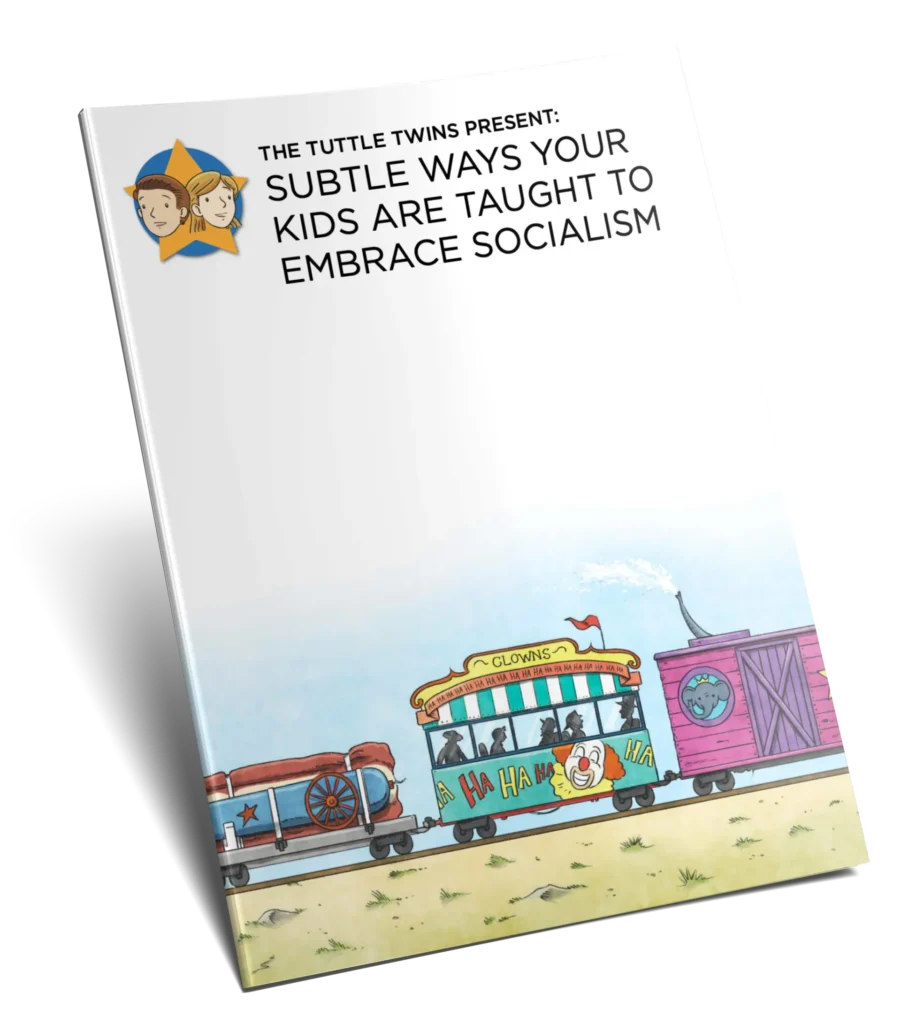Every year since 1972, the Wall Street Journal and the University of Chicago have teamed up on a nationwide poll, attempting to find out how Americans feel about the economy.
On Monday, their findings for 2022 were released… And unsurprisingly, they weren’t great. In fact, they were pretty terrible: 83% of Americans polled said that the economy is “poor” or “not so good.” As it turns out, we’re more pessimistic now than at any other point in the past 50 years!
And now for the real question: are you surprised at all to hear this? Yeah, me neither…
We don’t need a newspaper and a university to tell us that our economy is shot. The simple truth is that everyday life is getting painfully expensive. To add insult to injury, our current rulers would like for us to believe that things are actually better than ever: or, at least, better than a year ago.
Yesterday, Biden administration Press Secretary Karine Jean-Pierre was asked about the WSJ poll, and boy, did she serve up quite the word salad in response. You can (and should) watch the exchange here—it’s pretty darn telling in regards to the kind of “talent” running our country.

My favorite moment is one of unintentional candor in which Jean-Pierre admits, “the fact is, we are in a fundamentally different place than when the President took office.”
Uh… You don’t say!
Of course, she was trying to spin our country’s rapidly worsening economic situation into some sort of victory for her boss, but we all know the truth.
While several of the markers used to determine the so-called health of the economy look “good,” everyday folks like you and I are having a harder time making ends meet.
Standard economic markers like the stock market, GDP, and balance of trade certainly impact us all, but if you really want to know how good (or bad) the economy is, ask a mother who can’t find baby formula for her child. Or a father spending a huge chunk of his wages on the gas needed for his commute. Or first-time homebuyers getting choked out by hedge funds in bidding wars over 3-bedroom houses in the suburbs.
The fact is, our economy has long been manipulated by people who are completely out of touch with the everyday realities of families like ours. And so long as those in the seat of power get to keep enjoying their access, our struggles don’t really matter.
This crazy game was never set up to be fair. In 1913, a group of powerful and well-connected individuals set it up that way on purpose. In a successful attempt to institutionalize their power and preserve it for generations by manipulating our currency, a group of powerful bankers and businessmen created what we now know as the Federal Reserve—or, as I prefer to call it—the Creature from Jekyll Island.
This creature is the number-one culprit to blame for the horrific inflation we’re dealing with. It enables runaway government spending and waters down our savings. And until a lot more people wake up to how awful it is, we’re just going to keep seeing the same cycle of problems repeat itself.
And while convincing the powers that be to dismantle one of the most powerful institutions in the world might be difficult, I say it’s worth it. Because a country that claims to value personal liberty shouldn’t be in the business of robbing people blind.
So what can we do? Just like all massive societal problems, the solution to this one starts at our dinner tables. Engaging our children to understand these issues is absolutely crucial if we ever want to see this nation turned around and thriving again.
The good news? We’re here to help you with those conversations. I know monetary policy can be a pretty wonky topic to conceptualize —much less explain to a child— which is exactly why I wrote the Tuttle Twins and the Creature from Jekyll Island.
This book is a kid-friendly adaptation of another title that’s helped many adults realize the great scandal of the Federal Reserve: The Creature from Jekyll Island. Through a fun narrative featuring a spooky villain, your kids can learn the important ideas in a way that’s engaging and accessible.
We can’t afford to sit this one out. Join us, and let’s raise a generation of kids that know better.
— Connor





